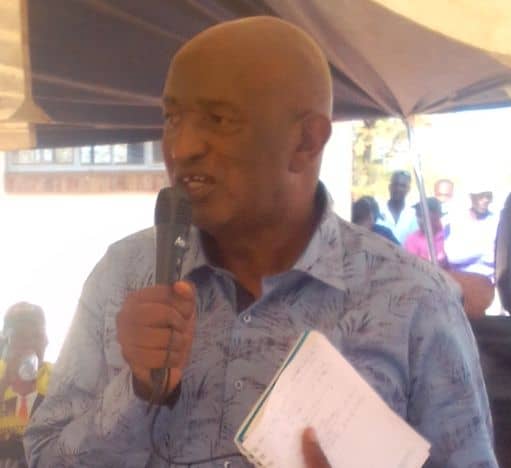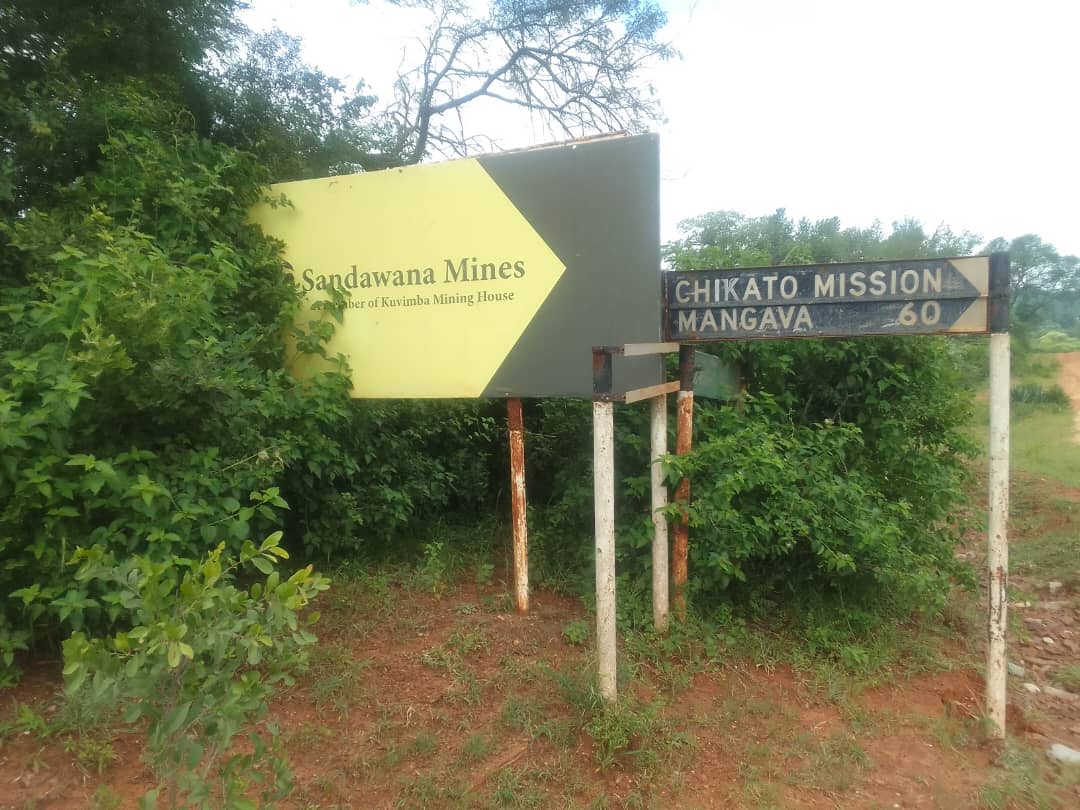Moses Ziyambi
Government has designated the Chingwizi area an exceptionally food insecure place which will get its own dedicated share of aid from the Department of Social Welfare.
Speaking at a food distribution event at Nyuni Secondary School on Thursday, July 04, the Deputy Minister of Public Service Labour and Social Welfare Lovemore Matuke (pictured) said Chingwizi will no longer be bundled together with the rest of Mwenezi district in food distribution programmes.
“This is a very dry area which receives very little rainfall per year. People do not have much land to produce grain and keep their livestock. They cannot be expected to harvest enough food to feed themselves at the end of each farming season.
“We have therefore made a decision to treat this area as a special vulnerability case which will receive its own allocation of grain different from the rest of the district until irrigation systems are built,” said Matuke.
Preliminary results of the 2022 census show that the area, which falls under Ward 13 in Mwenezi district, is made up of 48 207 people, making it the most populous ward in the whole Masvingo province.
The population of the area began to increase from year 2014 following the flooding of the then under construction Tugwi-Mukosi Dam, resulting in 3 303 families being evacuated upstream of the dam’s catchment.
The people live on one-hectare pieces of land which they say is not enough to sustain their livelihoods in a semi-arid region.
For being removed from their original homes in Chivi district Government has made numerous unfulfilled promises to the people of the area including full compensation and bigger portions of land, but very little has been fulfilled.
Matuke said findings by the Zimbabwe Vulnerability Assessment Committee (ZimVAC) showed that there was a 60 percent rate food insecurity in the whole of Mwenezi district against a national average of 44 percent.
Mwenezi, alongside the neighbouring Chiredzi, lie under the agro-ecological region five which receives the least amount of rainfall in the whole country.
ZimVAC is a technical advisory committee comprising representatives from government, UN agencies, NGOs and members of the academia.








